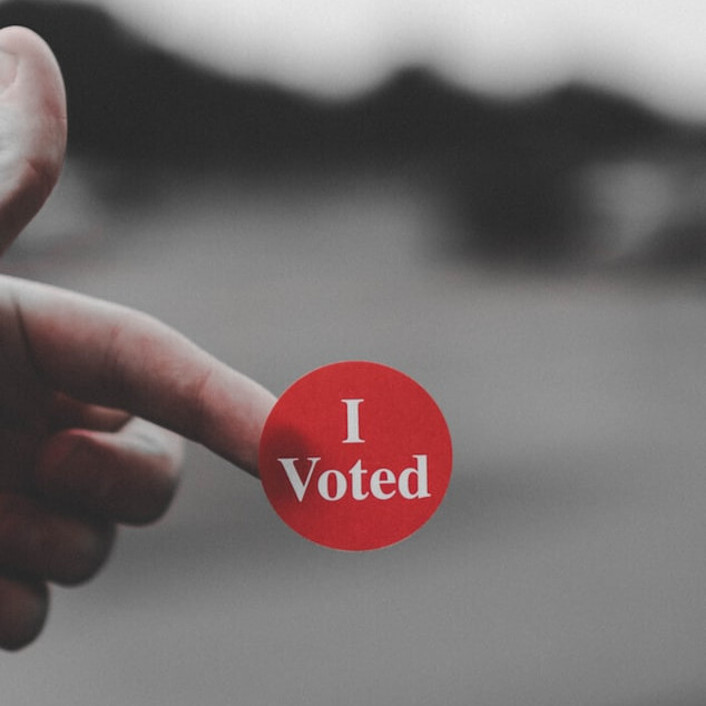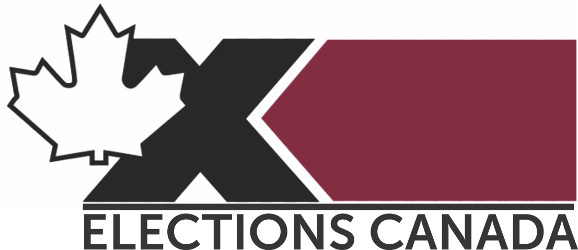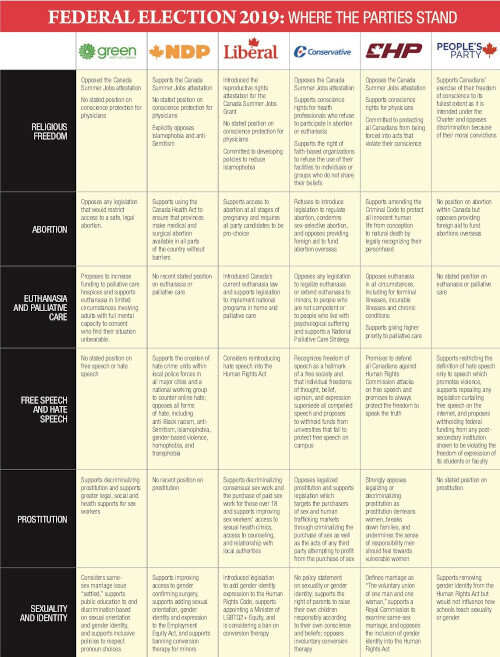“Who you gonna’ vote for on October 21st?!”

After weeks of media bombardment from all of the federal political parties….we go to the polls this coming Monday (October 21).
In a July 2, 2019 blog, I sought to point out that religion is a key factor in making “pro-social” citizens, meaning citizens who seek the good of others. Generally they cost society much less, and they are generally far more generous and on average do more volunteer work in their community. [Click here to go to my full “President’s blog” on the subject].
Voting is one other important way Christians seek the good of those around us and our country. It is a critical way we contribute to the proper welfare of Canadian society. We can consider God’s desire for righteous governance and call to justice (Romans 13) when we participate in the election process.
This Sunday, please pray for our country and encourage, better yet, challenge, your members to get to the polls on October 21st and vote.
It is completely inappropriate to publically promote or oppose any one candidate or party. However, local churches are free to provide information on issues of interest or concern that flow from biblical teaching, as long as the church does not link its views to any political party or candidate. A church is also allowed to publish how all members of Parliament voted on a given issue, as well as provide the publically stated platforms of all the Federal parties on specific issues, even issues typically important to people of faith and the church. It is important to note that any listing of their views or voting must include all the candidates or federal parties, not just one or two.
Issues such as religious freedom, abortion, immigration, euthanasia, palliative care, education, adoption, free-hate speech, environment, prostitution, sexuality and identity can be published. Other issues could be added.
Here are a couple of on-line sites to investigate and gather this information:
- Evangelical Fellowship of Canada’s Federal Election Kit.
- Association for Reformed Political Action (ARPA) Canada Election Guide
- Wanting to give full disclosure, ARPA Canada is a Christian political advocacy organization whose mission is to educate, equip, and encourage Christians to political action and to bring a biblical perspective to our civil authorities.
- The following chart is the work of ARPA Canada seeking to summarize the party platform or views of the major federal parties on some of the issues of special interest to evangelical Christians:
- Guidance on what a church can do, inside or outside an election period, from the Canadian Income Tax Act:
- Publish on its website or social media platforms, or otherwise distribute to the public, the policy positions of all political parties or all candidates, or their responses to policy questions.
- “This is the case even if it is obvious to an audience that one or more of the parties or candidates share or oppose the views of the charity.
- The charity must present the information in a neutral fashion, so that no political party or candidate’s policy position or response is singled out, favourably or unfavourably. For example, a charity cannot:
- Put red “X”s next to the policy positions of a political party that differ from those of the charity, and green checkmarks next to the policy positions of a political party that align with those of the charity
- Tell people to vote for the party whose response most closely matches the views of the charity on an issue
- “Hold candidates’ debates, provided all candidates are given an equal opportunity to present their views and answer questions.
- Generally, the CRA expects a charity to invite all candidates to any debate or forum it organizes. If a charity limits the number of candidates it invites, the charity must be able to show it has a rationale that it applies consistently, to show it is not supporting or opposing any particular candidate or political party.
- If one or more candidates decline an invitation to a candidates’ debate, the CRA does not consider the debate to oppose or support a candidate or political party solely as a result of this circumstance.
- Provide information to its supporters or the public on how all the Members of Parliament or the legislature of a province, territory, or municipal council voted on an issue connected with the charity's purpose.
- However, a charity must not single out the voting pattern of any particular political party or candidate on any issue.”
Join me this Monday in visiting your polling station and vote!


